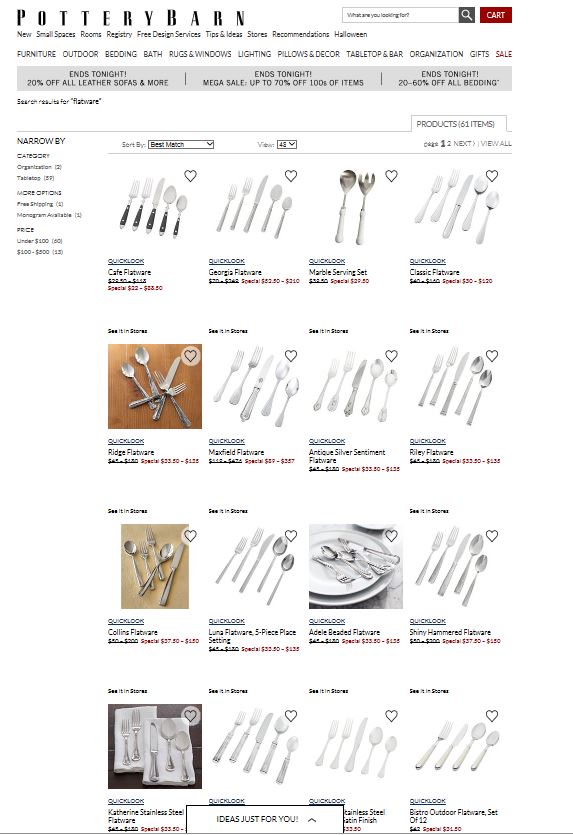Innovation follows some form of environmental pressure. Spoons haven't changed much because the pressure went away or was dealt with. The difficulties around scooping and eating liquids were solved and no further pressures existed to be improved upon. New pressures then stress further innovation. Following the spoon bit, as the human race advanced/advances into the space age, a new issue arises: liquids in space. Humans looked at spoons, which long had solved the problems of eating liquids, and realized they weren't going to perform under the new criteria. New environmental pressures were there that demanded attention and innovation. I imagine an astronaut's grandma was upset that she couldn't send her tupperware of soup into zero-g with her favorite grandchild. "How about I load it into a toothpaste tube or a caprisun pouch?" Thanks Grandma!
Just like that the spoon gets blacklisted from spaceflight.
Related more to thoroughly researched areas, innovation comes in whatever way can reduce the pressure. For example, people looking at solar power might see a tech limit due to the actual amount of energy reaching them. Our solar power limit is estimated somewhere above 120 Watts/sq. meter. In your question's context, that is the hard limit, even after centuries of research. "Good Enough" would be found by the pressures forcing the change and what changes could be made to reduce the pressure. Lets say there is a 90% efficient solar panel. Is the earth in desperate need of 100% solar energy extraction? Would (for the sake of this example) years and trillions of dollars in research be needed? or would it be easier/cheaper to build solar collectors in space? Is it Dyson Sphere time? What about other energy sources? What about more efficient appliances? What about killing off a huge chuck of the population to reduce demand? Scary, but it all depends.
In this case, the pressure includes energy need, time, effort, expense, morals, ethics, etc. and the responses are not limited to more work on the current research they are trying. Humans like to do things at the cheapest 'cost' to them - We're lazy. We will try to find a different solution to reduce the pressure. I'm not saying solar collectors in space would be easy, but it would be just one way to reduce the energy need pressure, and it would definitely be prioritized as soon as the research was deemed fruitless and 'expensive'. Also, lets not kill off people.
The same holds for your second point. The innovation is driven by pressures. Is the planet under a threat of advanced alien war? You can bet we'll prioritize weapons tech over cold sore treatments. Has globalization and communication reduced nuclear tensions? We'll probably kick start tons of medical funding. while retiring weapons projects. Do astronauts love eating soups and cereals with spoons? We'll need some artificial gravity on board ASAP!
The scary side I see to this innovation process is a world where maybe we have tried nearly everything. In that case I imagine the solutions would be a little nightmarish. Maybe nothing has yet solved a global energy/food crisis and the darker answers I mentioned might be the only 'good' or affordable solutions. Yikes.


